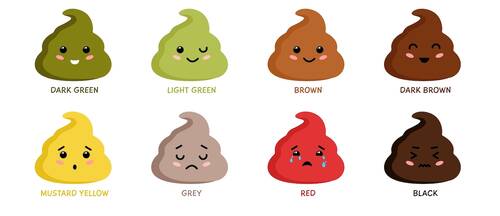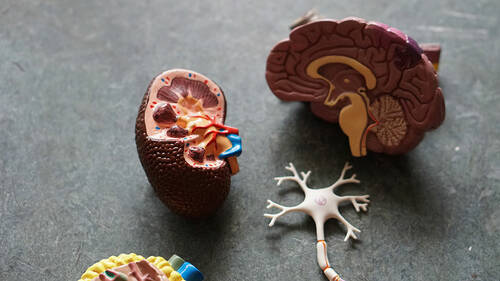1. Irritability and Mood Swings:
While sadness is a common symptom of depression, persistent irritability and mood swings can also be signs. Someone with hidden depression may exhibit intense irritability even in situations that typically wouldn't provoke such a reaction.
2. Changes in Appetite and Weight:
Depression can affect eating habits, leading to either an increase or decrease in appetite. Sudden and unexplained weight changes, whether gaining or losing, may be indicative of underlying emotional struggles.
3. Physical Symptoms:
Depression can manifest in physical symptoms such as headaches, digestive issues, and muscle pain. These physical complaints may be the body's way of expressing emotional distress.
4. Difficulty Concentrating:
Depression can impair cognitive function, making it challenging to focus, make decisions, or remember details. If someone you know is experiencing uncharacteristic cognitive difficulties, it may be a sign of hidden depression.
5. Increased Alcohol or Drug Use:
Individuals with depression may turn to alcohol or drugs as a way to self-medicate and cope with their emotional pain. Increased substance use can be a red flag for underlying depression.
6. Aches and Pains:
Unexplained physical symptoms like frequent headaches, backaches, or stomachaches can sometimes be linked to depression. It's essential to rule out medical causes while considering the emotional aspect.
Recognizing these hidden signs of depression can be challenging, as they may not be as obvious as traditional symptoms like persistent sadness. If you or someone you know is experiencing these signs, consider reaching out to a mental health professional or a trusted individual for support and guidance. Early intervention and seeking help can make a significant difference in managing depression and improving overall well-being.












